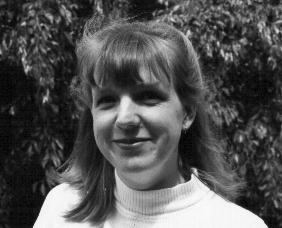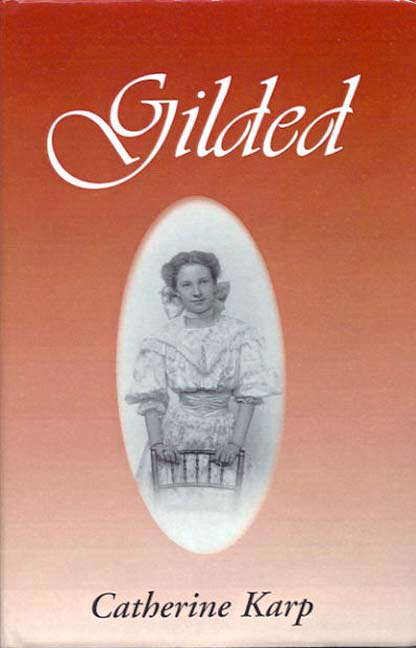
Catherine Karp's debut novel, Gilded, won the Hollywood Film Festivalís Opus Magnum Discovery Award and took first place in the Authorlink New Author Awards Competition. She has been a finalist in the San Diego Book Awards, and her work has appeared in San Diego Writersí Monthly.
She received degrees in drama and English, as well as a teaching credential, from the University of California, Irvine, and formerly worked for the publisher Harcourt Brace. She has been writing fiction all her life. In addition to working on her next novel, a historical that involves the paranormal, Ms. Karp maintains HistoryandLovers.com, which promotes "historical love stories that donít fit the historical romance mold."
She is a member of The San Diego Historical Society and The Historical Novel Society and lives in San Diego with her husband and daughter.


